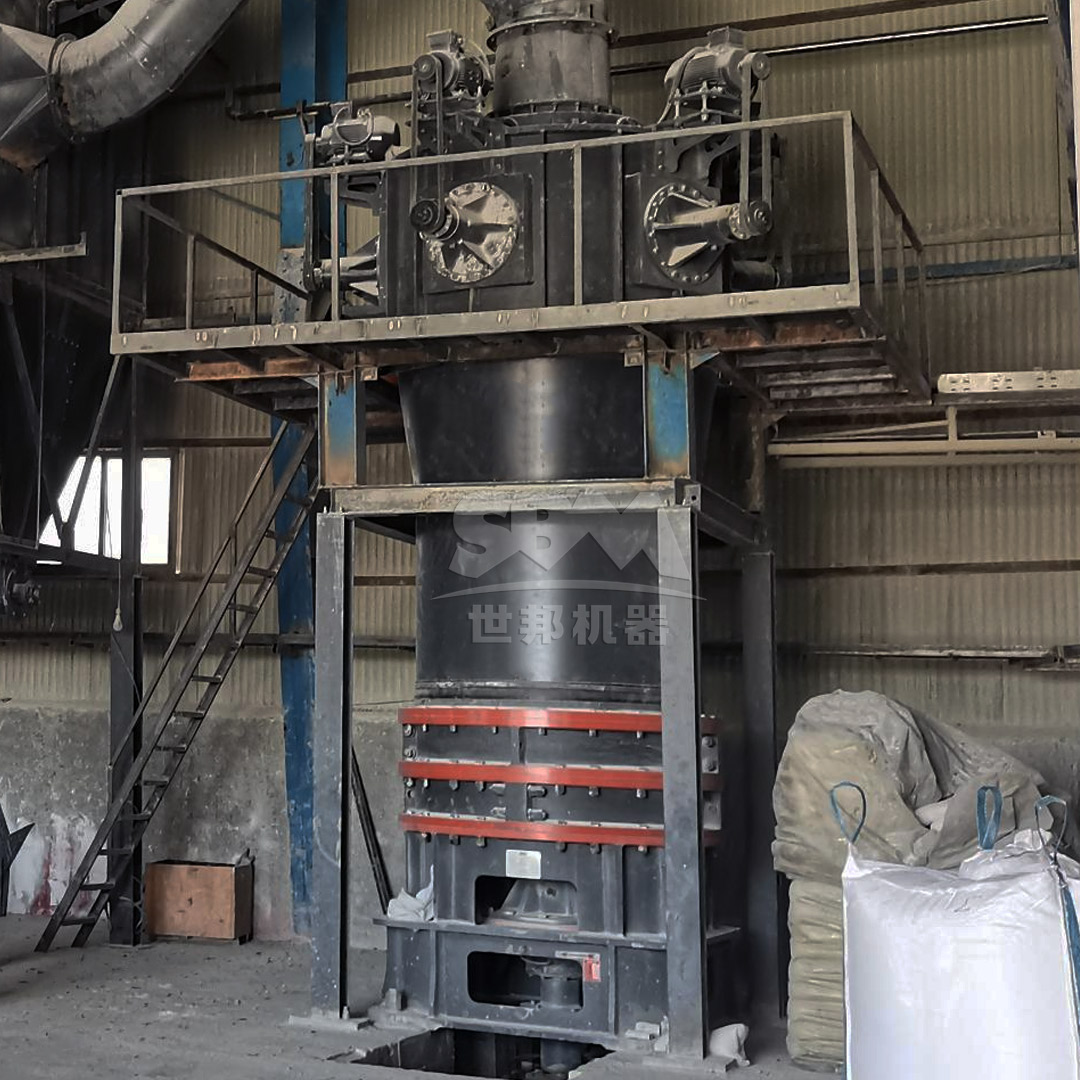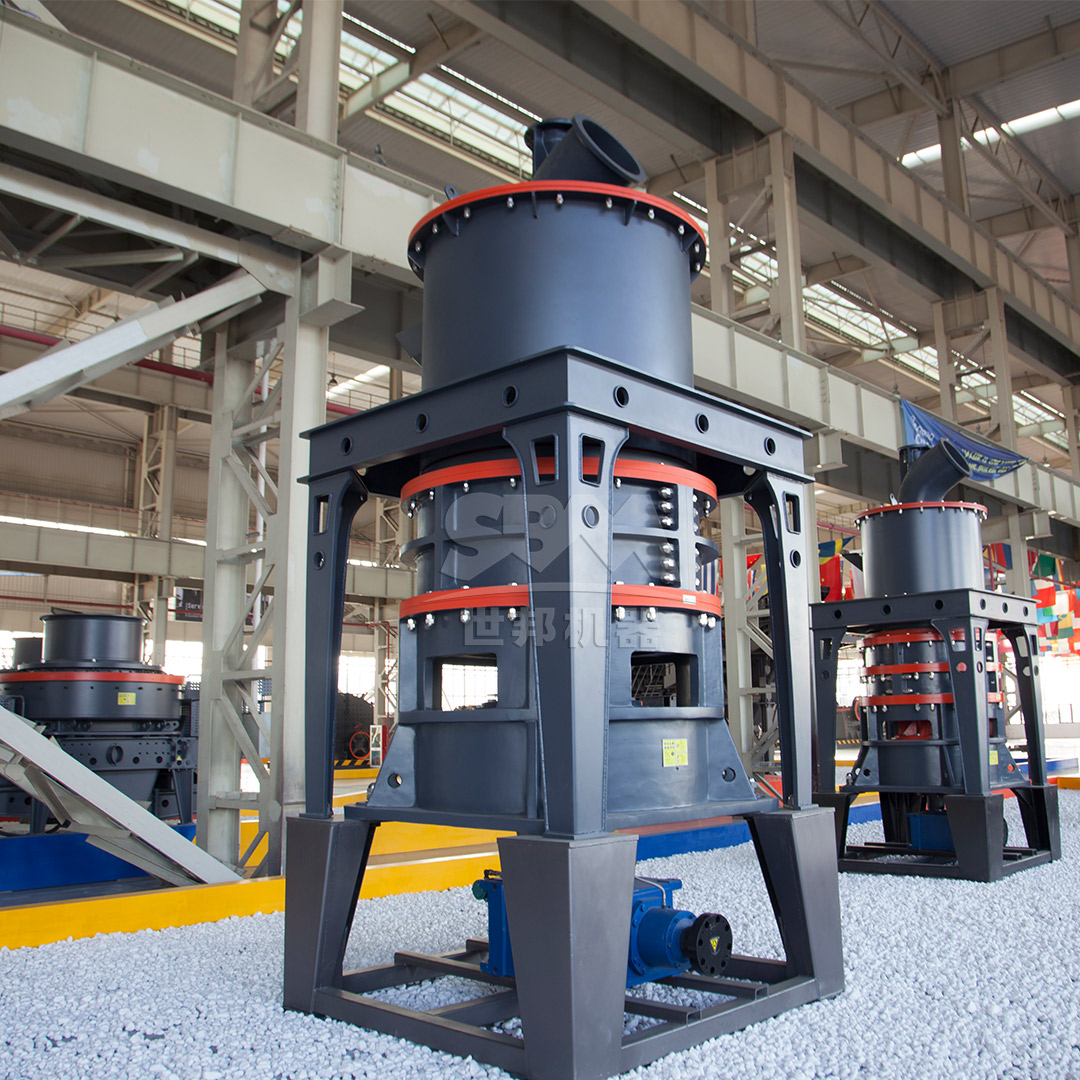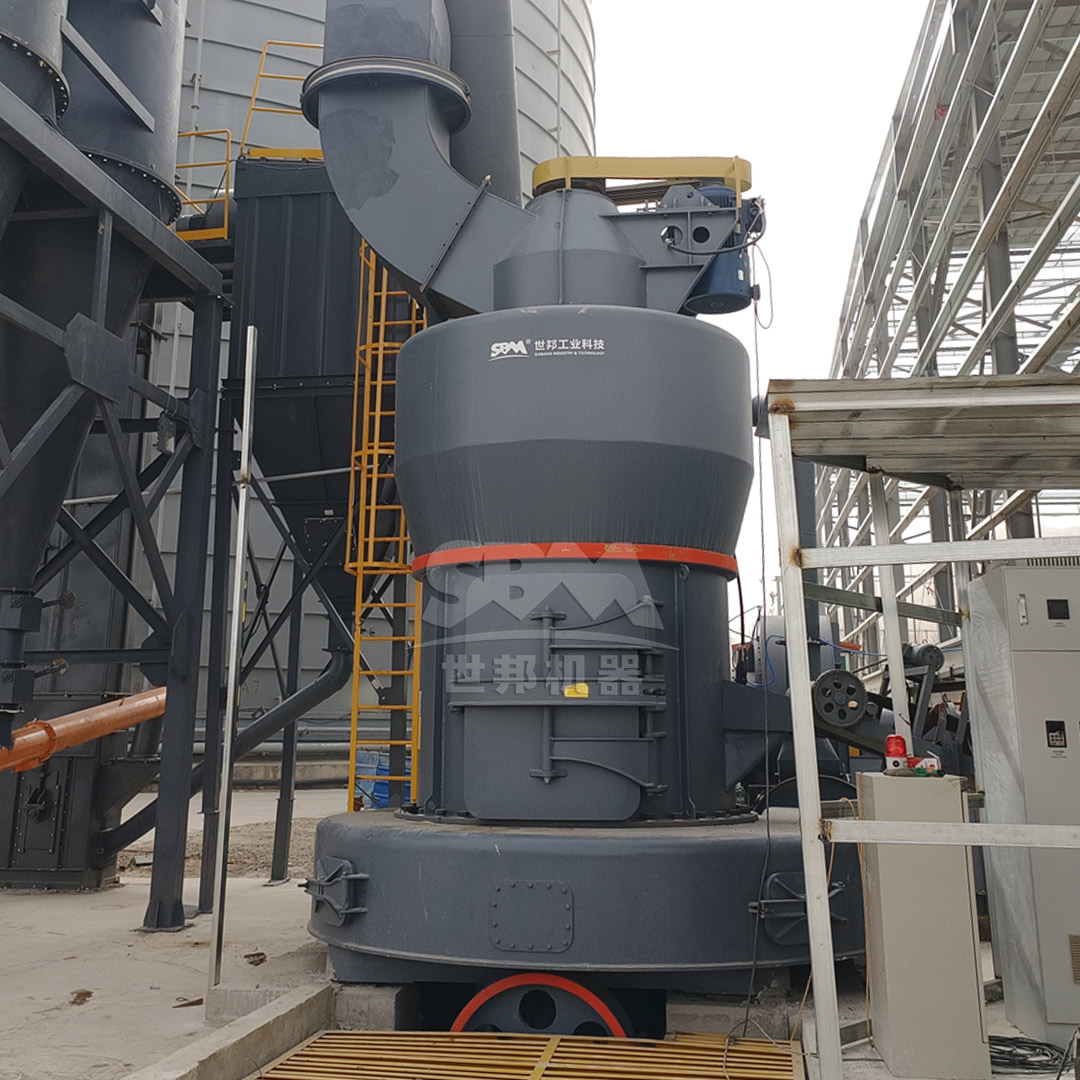In modern construction material production, limestone grinding mills play a pivotal role in transforming raw limestone into high-quality powders for cement, concrete additives, and other building applications. The efficiency and precision of grinding equipment directly impact product quality and operational costs.
| Parameter | Standard Range | Premium Grade |
|---|---|---|
| Particle Size (D97) | 45-325 mesh | 325-2500 mesh |
| Moisture Content | <1.5% | <0.8% |
| Whiteness | ≥85% | ≥92% |
Conventional ball mills often struggle with energy inefficiency (typically consuming 40-50 kWh/ton) and inconsistent particle distribution. Our advanced grinding solutions address these issues through innovative engineering.

For projects requiring ultra-fine limestone powder (325-2500 mesh), our SCM Ultrafine Mill delivers unmatched performance:
| Model | Capacity (t/h) | Power (kW) | Fineness (mesh) |
|---|---|---|---|
| SCM800 | 0.5-4.5 | 75 | 325-2500 |
| SCM1000 | 1.0-8.5 | 132 | 325-2500 |
| SCM1680 | 5.0-25 | 315 | 325-2500 |
A construction materials plant in Vietnam achieved 22% cost reduction by replacing their Raymond mill with our SCM1000 model, increasing production from 5.8 to 7.2 t/h while improving product uniformity.

For medium-fine grinding requirements (30-325 mesh), the MTW Series Trapezium Mill offers superior economics:
The MTW series features patented curved air duct technology that reduces air resistance by 15-20%, significantly lowering energy consumption. Its modular design allows for flexible capacity expansion.

Comparative data shows our grinding solutions deliver substantial ROI:
| Mill Type | Power (kWh/t) | Wear Parts ($/t) | Labor ($/t) |
|---|---|---|---|
| Ball Mill | 42 | 3.20 | 1.80 |
| Raymond Mill | 35 | 2.50 | 1.20 |
| SCM Ultrafine | 28 | 1.80 | 0.90 |
Both SCM and MTW series integrate pulse dust collectors with 99.9% efficiency, meeting EU emission standards of <20mg/Nm³. The closed-loop systems recover 98% of processed materials.
Choosing the optimal mill depends on project parameters:
Our engineering team provides free material testing and system design services to ensure optimal equipment selection.